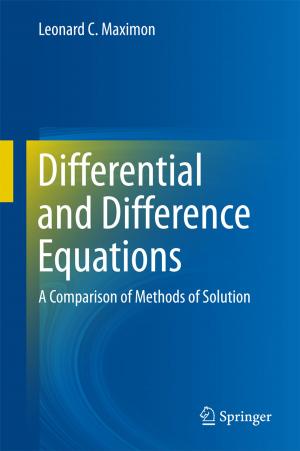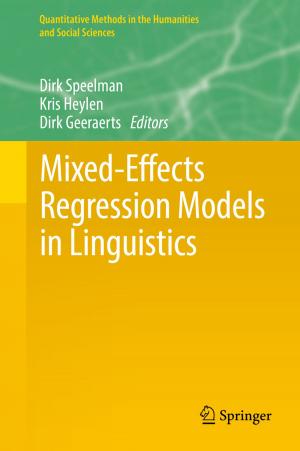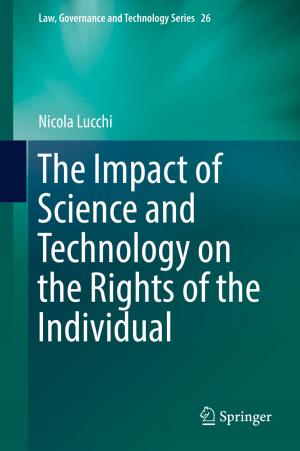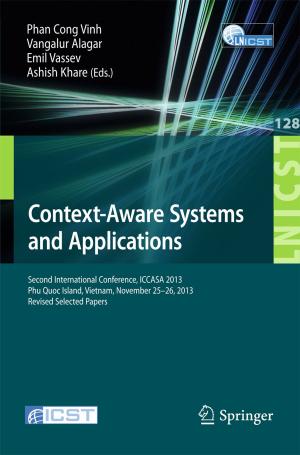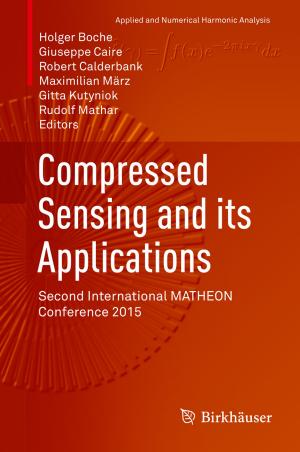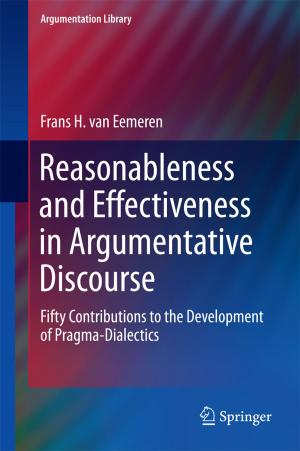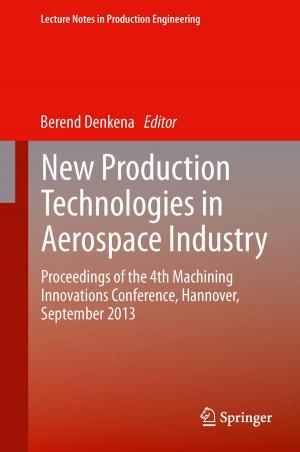Energy, Complexity and Wealth Maximization
Nonfiction, Science & Nature, Science, Other Sciences, System Theory, Business & Finance, Industries & Professions, Industries, Social & Cultural Studies, Social Science| Author: | Robert Ayres | ISBN: | 9783319305455 |
| Publisher: | Springer International Publishing | Publication: | July 14, 2016 |
| Imprint: | Springer | Language: | English |
| Author: | Robert Ayres |
| ISBN: | 9783319305455 |
| Publisher: | Springer International Publishing |
| Publication: | July 14, 2016 |
| Imprint: | Springer |
| Language: | English |
This book is about the mechanisms of wealth creation, or what we like to think of as evolutionary "progress." The massive circular flow of goods and services between producers and consumers is not a perpetual motion machine; it has been dependent for the past 150 years on energy inputs from a finite storage of fossil fuels. In this book, you will learn about the three key requirements for wealth creation, and how this process acts according to physical laws, and usually after some part of the natural wealth of the planet has been exploited in an episode of "creative destruction." Knowledge and natural capital, particularly energy, will interact to power the human wealth engine in the future as it has in the past. Will it sputter or continue along the path of evolutionary progress that we have come to expect? Can the new immaterial wealth of information and ideas, which makes up the so-called knowledge economy, replace depleted natural wealth? These questions have no simple answers, but this masterful book will help you to understand the grand challenge of our time.
Praise for Energy, Complexity and Wealth Maximization:
“... people who run the modern world (politicians, economists and lawyers) have a very poor grasp of how it really works because they do not understand the fundamentals of energy, exergy and entropy ... those decision-makers would greatly benefit from reading this book ...” - Vaclav Smil, Distinguished Professor Emeritus, University of Manitoba
“... A grandiose design; impressive, worth reading and reflecting!” - Prof. Dr. Ernst Ulrich von Weizäcker, Founder of Wuppertal Institute; Co-President of the Club of Rome, Former Member of the German Bundestag, co-chair of the UN’s Resource Panel
“... The book is a must read for concerned citizens and decision makers across the globe.” - RK Pachauri, Founder and Executive Vice Chairman, The Energy and Resources Institute (TERI) and ex-chair, International Panel on Climate Change (IPCC)
This book is about the mechanisms of wealth creation, or what we like to think of as evolutionary "progress." The massive circular flow of goods and services between producers and consumers is not a perpetual motion machine; it has been dependent for the past 150 years on energy inputs from a finite storage of fossil fuels. In this book, you will learn about the three key requirements for wealth creation, and how this process acts according to physical laws, and usually after some part of the natural wealth of the planet has been exploited in an episode of "creative destruction." Knowledge and natural capital, particularly energy, will interact to power the human wealth engine in the future as it has in the past. Will it sputter or continue along the path of evolutionary progress that we have come to expect? Can the new immaterial wealth of information and ideas, which makes up the so-called knowledge economy, replace depleted natural wealth? These questions have no simple answers, but this masterful book will help you to understand the grand challenge of our time.
Praise for Energy, Complexity and Wealth Maximization:
“... people who run the modern world (politicians, economists and lawyers) have a very poor grasp of how it really works because they do not understand the fundamentals of energy, exergy and entropy ... those decision-makers would greatly benefit from reading this book ...” - Vaclav Smil, Distinguished Professor Emeritus, University of Manitoba
“... A grandiose design; impressive, worth reading and reflecting!” - Prof. Dr. Ernst Ulrich von Weizäcker, Founder of Wuppertal Institute; Co-President of the Club of Rome, Former Member of the German Bundestag, co-chair of the UN’s Resource Panel
“... The book is a must read for concerned citizens and decision makers across the globe.” - RK Pachauri, Founder and Executive Vice Chairman, The Energy and Resources Institute (TERI) and ex-chair, International Panel on Climate Change (IPCC)


